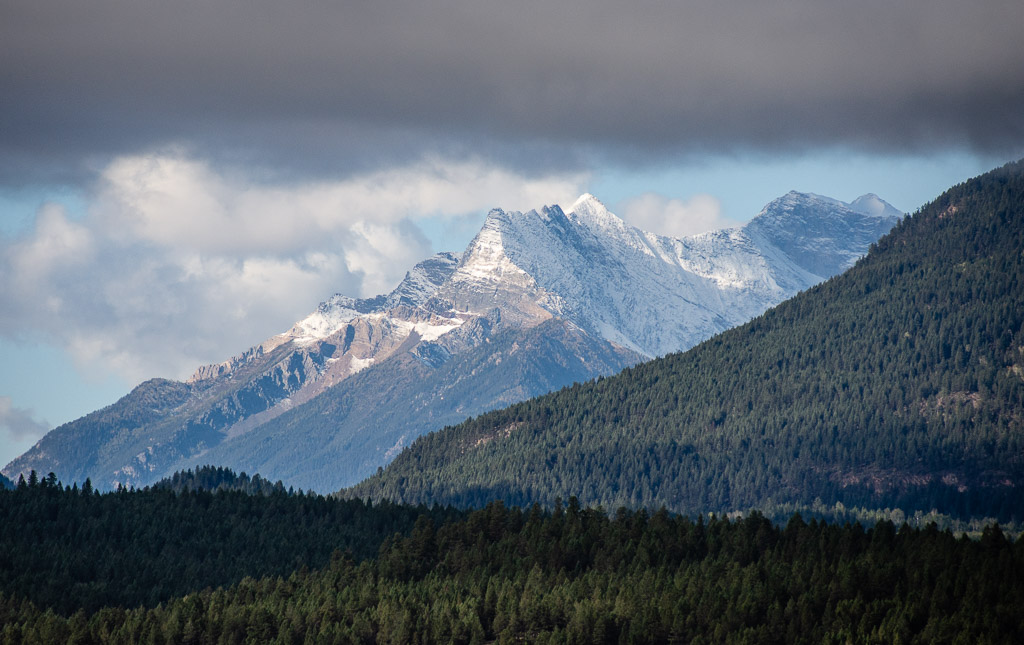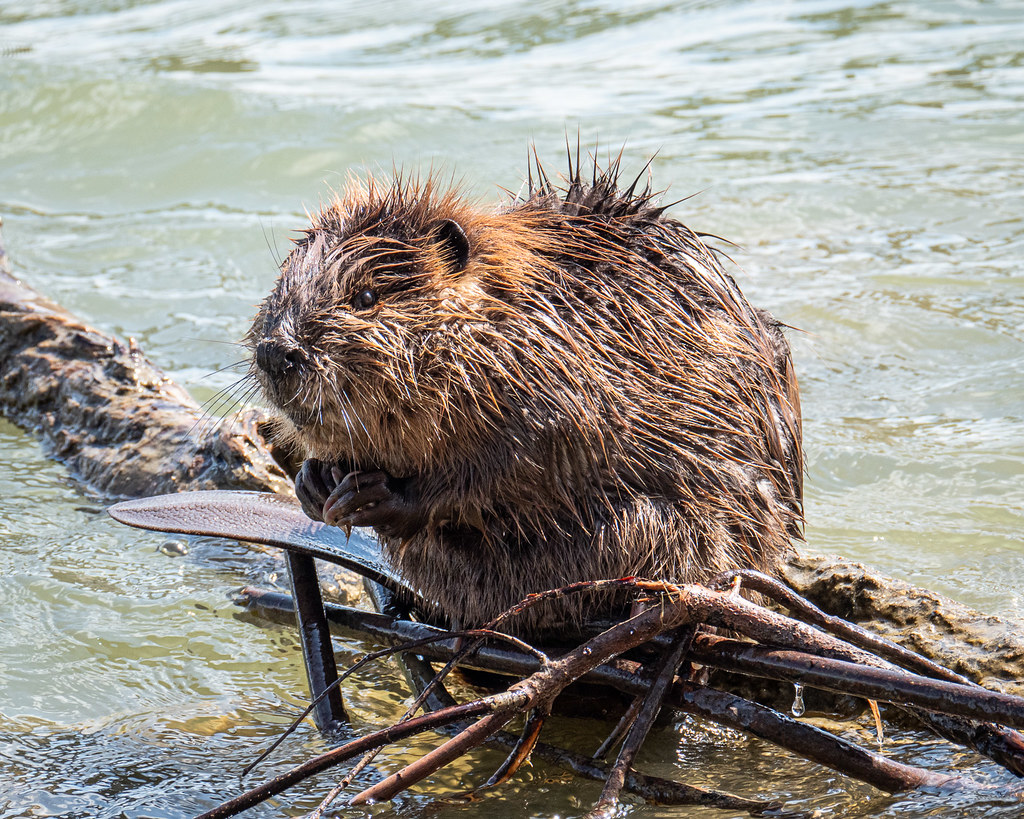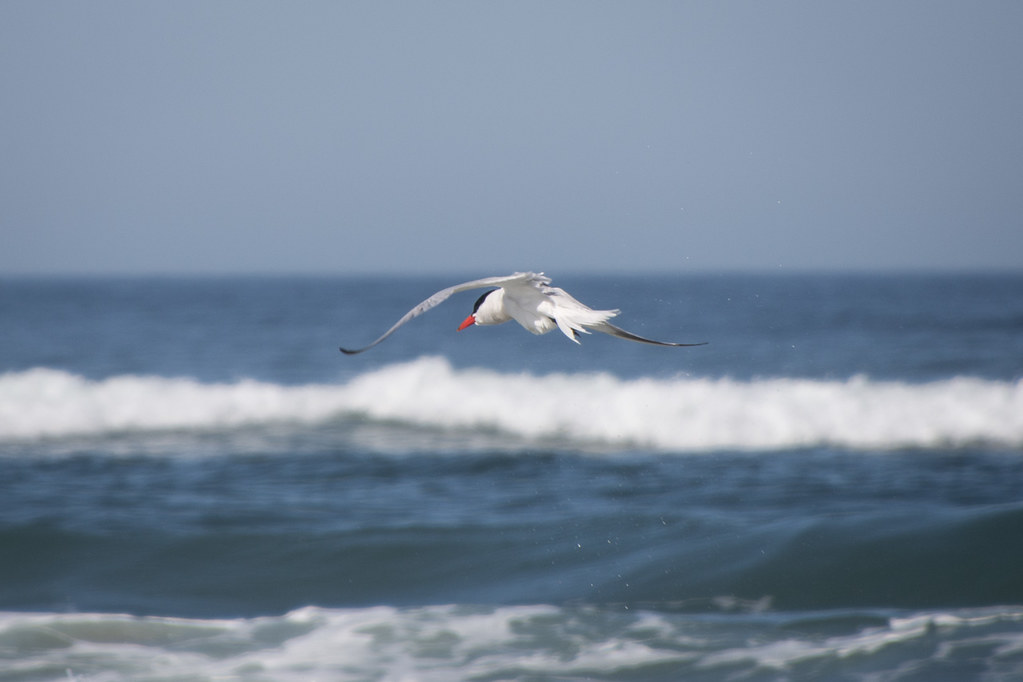SK-PCAP is hosting a noon-hour webinar on weather, climate, and living things on grassland on Oct. 28.
Wild Ecol Seminar Series is hosting an online talk about tracking cougars across southern British Columbia’s fire-prone landscape at 3:30 pm, Oct. 29.
EMTF-SK is hosting an online update on DEEP at 7:30 am, Nov. 3.
Watch the film, The Legacy of Saskatoon’s Secret Forest, with stories from people who knew Richard St. Barbe Baker from 1-3 pm, Nov. 6.
Families are invited to enjoy guided and self-guided nature activities in Finlayson Park, North Battleford, the afternoon of Nov. 7. Sign up for a time slot.
Looking Ahead
Energy-efficient passive house standards aren’t just for new buildings. Sign up for an online course in Achieving the Passive House Standard for Existing Buildings starting Dec. 6.
Full details on all upcoming events are available on the EcoFriendly Sask Calendar
Planned amendments to BC’s Forest and Range Practices Act mark a move away from 'industry-driven' policy that doesn't plan for the health and makeup of forest ecosystems in the long term. [CBC]
The Cool 'Hoods Champs program, a neighbourhood-based climate change workshop, was created to bridge the knowledge gap between climate science and everyday people — by bringing solutions to where they live. [CBC]
In a precedent-setting case, the BC Supreme Court ruled that “by allowing industrial development in Blueberry River's territory at an extensive scale — without assessing cumulative impacts and ensuring Blueberry River's ability to continue meaningfully exercising its treaty rights — the province breached the treaty.” [CBC]
North Vancouver businesses are offering customers the option of reusable containers to be returned within 14 days. [CBC]
Vancouver is calling for a city-wide ban on outdoor gas-powered tools such as leaf blowers due to noise and GHG emissions. [CBC]
Wetland drainage on the prairies has a significant impact:
- It reduces the land’s ability to store water and increases the risk of flooding;
- Groundwater reserves aren’t replenished;
- Increased rate of nutrient export downstream affects water quality, fish habitat, and recreational opportunities;
- There is a loss of pollinator habitat and biodiversity; and
- Reduced landscape diversity results in decreased ability to adapt during times of stress. [The Conversation]
A wetland in the midst of Colorado’s largest wildfire was spared – thanks to the beavers who created an abnormally wet patch in the middle of an otherwise dry area. The beaver meadow stores the water, releasing it slowly and delaying water shortages in a drought. [KUNC Public Radio]
A policy paper by Dale Eisler, expresses doubt as to whether Canada and the world can achieve its climate goals while maintaining economic growth. He notes that Canada’s economic success since its early days has been dependent on its natural resources, including oil and gas production, whereas we have no comparative advantage in terms of renewable energy. “To date government and others engaged in the climate debate have failed to prepare the public for the real and measurable impacts on their lives if we are to meet our climate targets. The reason is simple: they know the political risk that comes with being honest about what it’s going to take. But all that avoiding the truth does is ensure we continue down the path of the last four decades where we set impressive targets, and then never meet them. The day of reckoning is fast approaching.” [Johnson Shoyama Graduate School of Public Policy]
Ecological Citizen has published 3 articles on the topic of overpopulation and its impact on the environment and on our wellbeing as a species. The first article explores how discussion is silenced by raising past experiences with eugenics and ultra-nationalism as population control. The second article propose what just population policies would look like, while the third examines the anthropocentric and non-anthropocentric moral reasons to reduce population.
EcoFriendly Sask supports Saskatchewan environmental initiatives through an online publication, an events calendar, small grants, and the Nature Companion website/app. You can follow EcoFriendly Sask by liking us on Facebook, following us on Twitter, or subscribing by email (top right corner).



